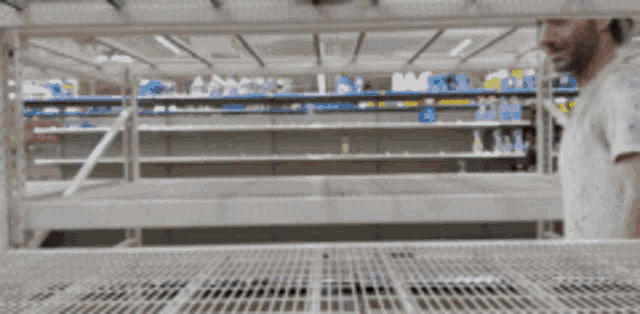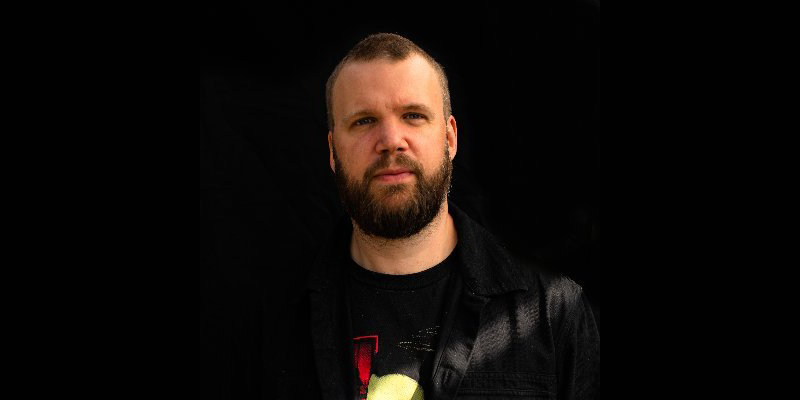I knew deep down, in then some unknowable place within me, that I had a problem with alcohol when I first got damagingly drunk. It was the autumn of 1996, and I was fourteen years old.
A classmate at school had asked me and a couple of others around his house one Saturday night. Fourteen is an inconvenient age to drink. Stranded between pubs that wouldn’t serve us and cajoling strangers to buy us booze at off-licences, we needed the sanctuary of a parent-free home or took our chances hanging around inhospitable public spaces.
That evening, we loaded a flask with a concoction of spirits from his parents’ liquor cabinet (a classic error). We proceeded to a nearby playground and got shit-faced. In an incident I recall with intense shame every time I go to a playground with my kids today, I smashed bottles, scattering pieces into the sandpit.
That night was only ‘fun’ in some nominal sense. We went back to my friend’s house. I insulted his younger sister in terms I was mercifully spared the day after. (I wish they’d told me – my behaviour deserved it.) Then I put on a CD in his bedroom that I had in my discman: a Neurosis album called Through Silver in Blood.
I’ve always struggled to listen to the album since this incident because it’s welded to the nightmarish lack of control I experienced. I whirled around my friend’s bedroom, being jerked around by the alcohol and the band – my two puppet masters. Through Silver in Blood is challenging enough without the memory. It still pulsates with a disquieting, near-apocalyptic malevolence, now also hard to dissociate from singer/guitarist Scott Kelly being recently revealed as an abuser.
Before I started drinking, heavy music had become a repository for emotions that I simply wouldn’t allow myself to tackle head on. The noise drowned out my feelings; I could experience others’ anguish vicariously. Hand-in-hand with alcohol, it supplied an outlet for the unknown self inside me.
I’m 41 now. I stopped drinking (and the rest) in 2005, when I was 23. But it’s only been during the last year (with the help of a good therapist) that I’ve been able to understand my alcoholism. And alcoholism – drinking alcohol excessively in a game of cat and mouse with my own work/reward formulation – is just a symptom. The root disease is suppression of feelings – to box them away and power on through, being productive. Alcohol, and even better alcoholism, is capitalism's best friend. I was 'highly functional', excessive (not addicted, I told myself), suffering from a problem that was unspoken, unacknowledged, and unseen. I did really well with it.
That night in 1996 had been calamitous. It was Ground Zero for the trouble that was brewing. But it was the start of friendships that have lasted over 25 years. Poisoning myself with spirits also had a corollary of steering me to a subtler, more pleasant way of getting drunk: beer.
Thereafter, as a teenager, I’d start every night out with a four pack of beer. I loved Becks – relatively strong, tasty, and they made supersize ‘quart’-style bottles back then. But these tended to go flat about halfway through.
I’ve always had the capacity for beer. I’m a big guy and could happily ingest large quantities of it. My propensity for drinking beer matched my propensity to eat. I liked to do both copiously and wasn’t usually fussed by quality. I enjoyed a good meal and a nice beer, but, frankly, I’d drink all sorts of crap. Anything that hit that mute button on how I felt.
Ruddles ale became an on-running joke amongst my friend group after someone brought a case of it to a house party and secreted it in the garden. Everyone knew where it was and helped themselves. The next day, the lingering Ruddles and stench of cigarettes gave me an endurance contest of a hangover on the torturous Piccadilly Line journey home from Ealing to my childhood home in Southgate. At the end of the 90-minute journey I got out of Arnos Grove tube station just in time to throw up in the car park.
When I bought the first Mr. Bungle album, also in the late nineties, the sample of Dennis Hopper in Blue Velvet on the song ‘Squeeze Me Macaroni’ jumped out at me.
‘That beer’s gonna get warm. One thing I can’t fuckin’ stand is warm beer, it makes me fuckin’ puke!’ says Hopper as Frank Booth in the film, while the band screams ‘Party!’ in the background. Cold, slowly warming beer was an emblem of a good time – but Booth symbolised a near-psychotic menace never far away.
I loved chaos, but being an alcoholic, I wanted to be in control of it. At university in Edinburgh I managed to find a group of friends who mutually poured their suppressed emotions into each other. That’s where my drinking got out of control, though still within the rigid confines I created for it. I remember the worry in my parents’ voices when I told them I drank two bottles of red wine to myself before I went out. (‘Beer on wine you feel fine.’)
In an infamous session for the Sport’s Ball, we drank absinthe (or some approximation of it) and my friend hallucinated seeing me at the foot of his bed the next day. We’ll stick to the beer, we vowed. With beer I could measure out my oncoming drunkenness incrementally – it was the illusion of control – until I was too pissed to care anymore.
While I was ensconced in Pollock Halls at the foot of Arthur’s Seat in 2000, Electric Wizard released Dopethrone and a year later Slipknot released Iowa. They soundtracked head-ripping weed-smoking and black-out drinking respectively. When I caught the Metallica documentary Some Kind of Monster at the Edinburgh Film Festival in 2004, I felt an unexpected, keen empathy for singer James Hetfield. The film showed him checking into rehab just as he entered his forties. He was surly, unhappy, not dealing with stuff. It was a premonition of entering my own middle age.
Amanda Petrusich's recent piece about Metallica in the New Yorker had a line in it that really stuck out: 'When I first saw the movie, I was twenty-four and found the incongruity of it – some guy in a sweater asking Metallica to talk about feelings – funny; now, at forty-two, I find it unbelievably poignant.'
I started working in publishing later that year, moving back to London in 2005. Out for lunch with my new bosses while they practised ‘dry January’, I was irritated when a waiter pointed out that the Duvel I’d ordered was rather strong for lunchtime. I chose something else and, as if in an act of revenge, I drank the local pub dry of it that Friday night.
Later, that summer, the wheels, that had been wobbling for years, finally fell off. I stopped drinking. For years I abstained and didn't address the root of the problem. If there's something worse than a drunk, it's the brittle, easily angered ‘dry drunk’. Like everything else, the issue of my alcohol misuse could be bottled up and ignored – to be dealt with later.
But I do enjoy drinking non-alcoholic or low alcohol beer. Just enough to taste the good (bad) times. I wonder how much its recent surge in popularity is accounted for by others like me – who have discovered the silver circulating in their blood.
If you take anything from reading this: please listen to Neurosis responsibly.
Dan Franklin
Dan Franklin has written about metal and heavy music for over ten years. He is a contributor to music and pop culture website The Quietus.
His second book, Come My Fanatics, is a kaleidoscopic exploration of the subculture Electric Wizard has absorbed and, in turn, created. From seventies exploitation cinema, through the writers of Weird Tales magazine and a panoply of the marginal and downright sinister, to the band's own live ceremonial happenings - this is Electric Wizard's world. We're just dying in it.

